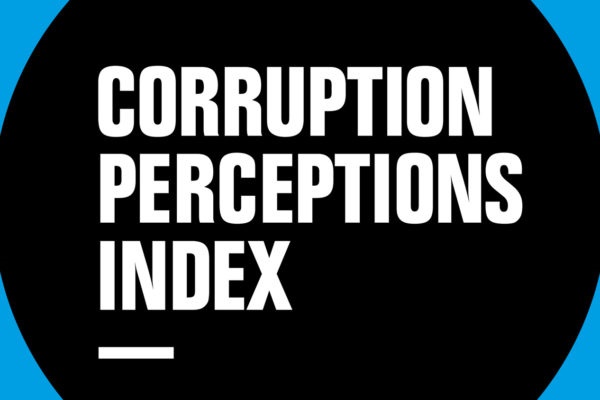Navegação estrutural
- Corruption Perception Index (CPI)
The Corruption Perceptions Index (CPI) was established in 1995 by Transparency International as a composite indicator used to measure perceptions of corruption in the public sector in different countries around the world. During the past 20 years, both the sources used to compile the index and the methodology has been adjusted and refined. The most recent review process took place in 2012 , and some important changes were made to the methodology in 2012. The method that was used up until 2012 to aggregate different data sources has been simplified and now includes just one year’s data from each data source. Crucially, this method now allows us to compare scores over time, which was not methodologically possible prior to 2012. The methodology follows 4 basic steps: selection of source data, rescaling source data, aggregating the rescaled data and then reporting a measure for uncertainty. Given the changes in the 2012 methodology, this dataset contains two indicators (CPI score and country ranking) for both the old methodology (up to 2011) and the new one (from 2012 onwards), totalling the following four indicators:
- Corruption Perception Index - Score - New Method (from 2012 onwards - scale from 0 to 100, where 0 represents very high levels of perceived corruption)
- CPI score - Old methodology (from 1995 to 2011 - scale from 0 to 10, where 0 represents very high levels of perceived corruption)
- CPI country ranking - New methodology (from 2012 onwards)
- CPI country ranking - Old methodology (from 1995 to 2011)
For more information please visit the Corruption Perceptions Index website.
Partners:
Donors:
License:
To know more details about reproducing and using Transparency International work, you can consult https://www.transparency.org/permissions

